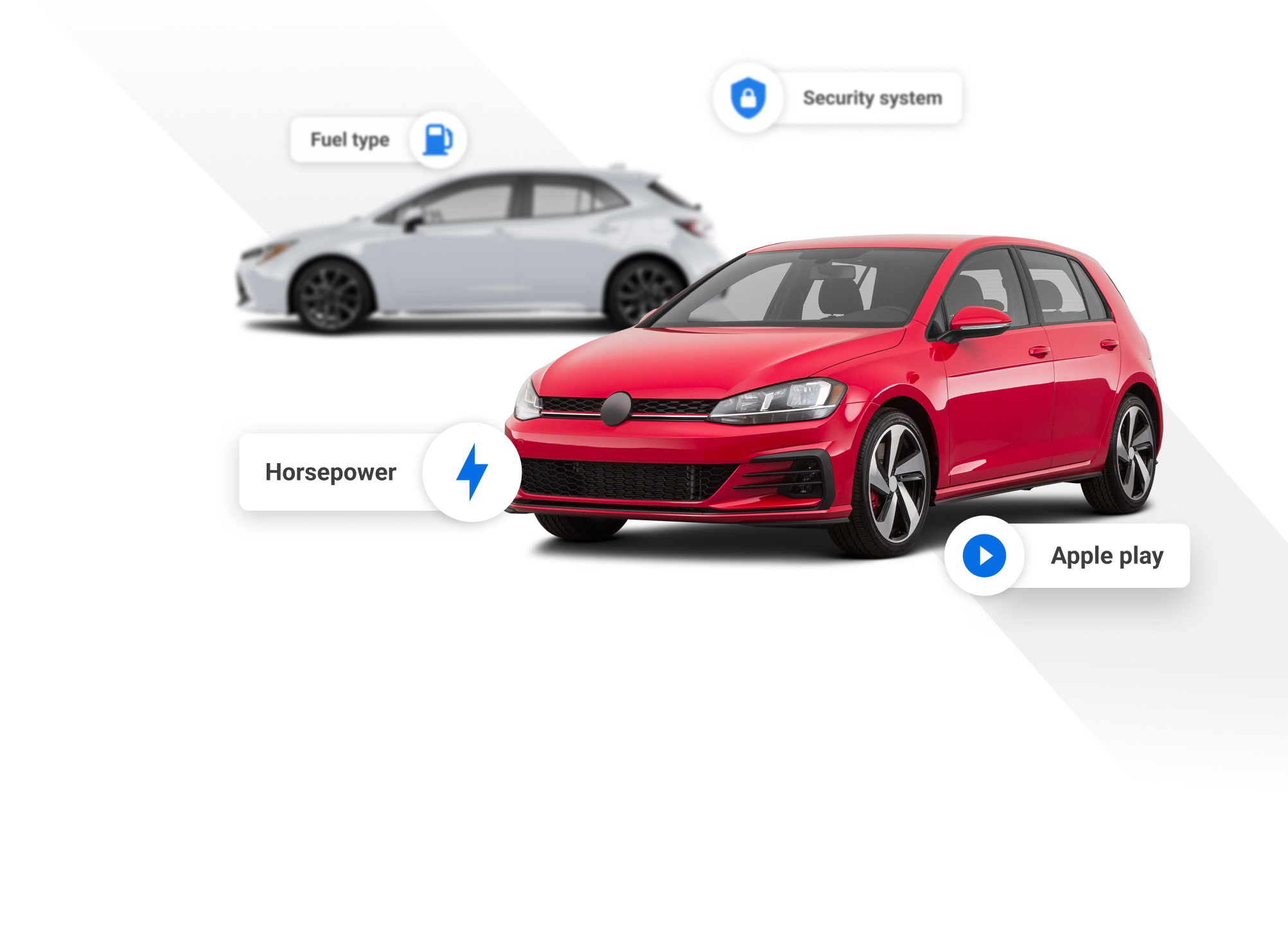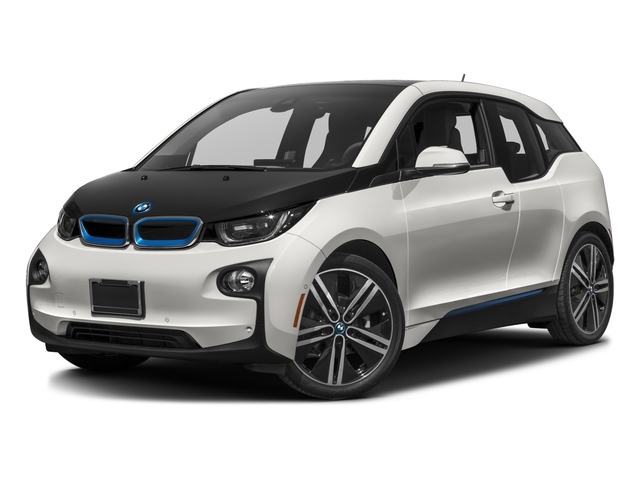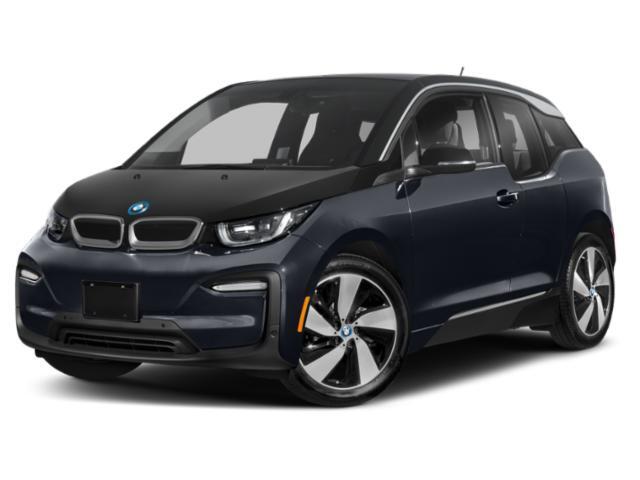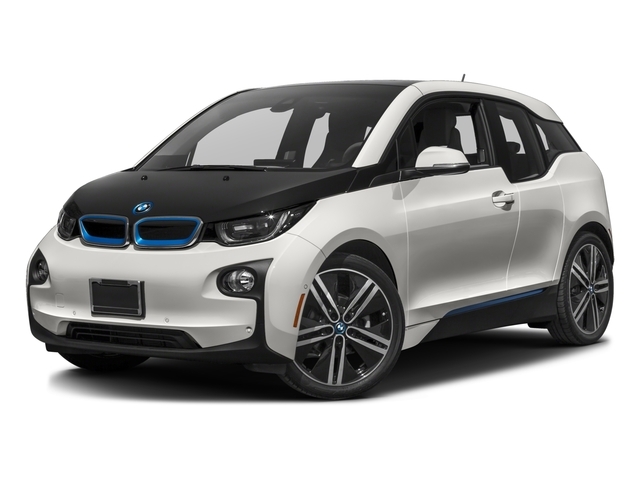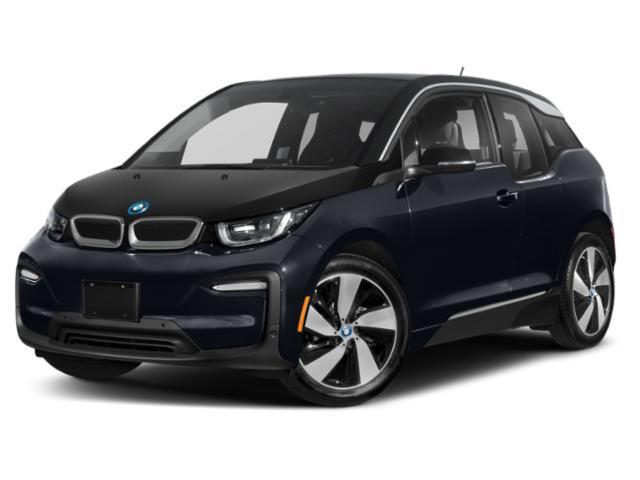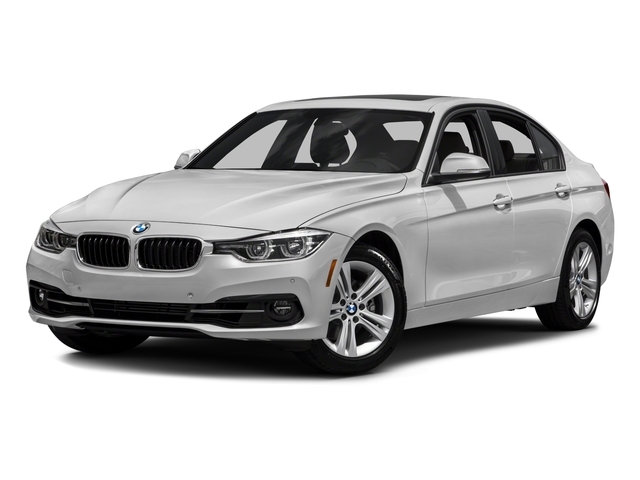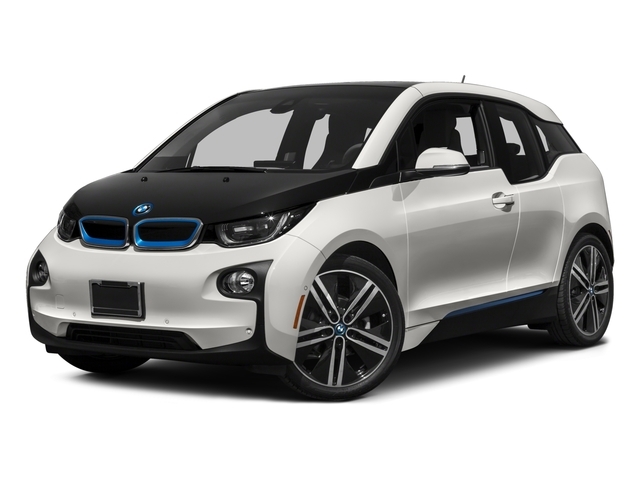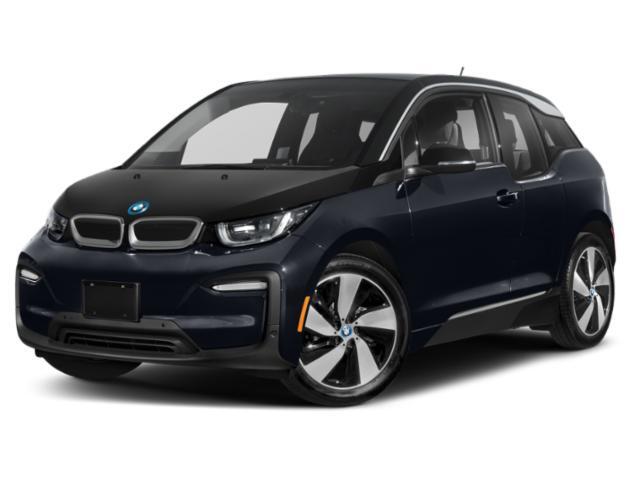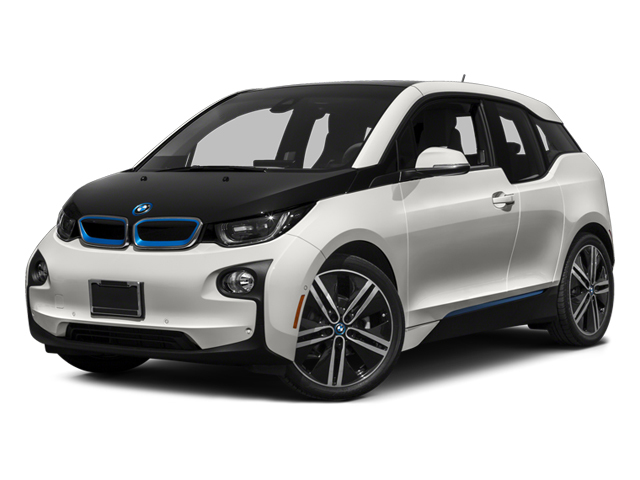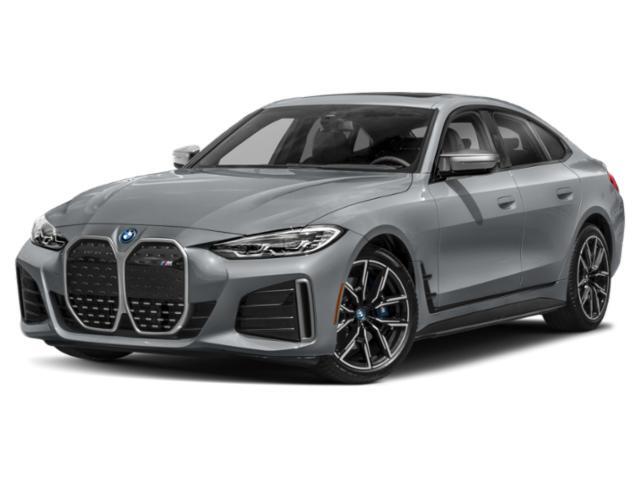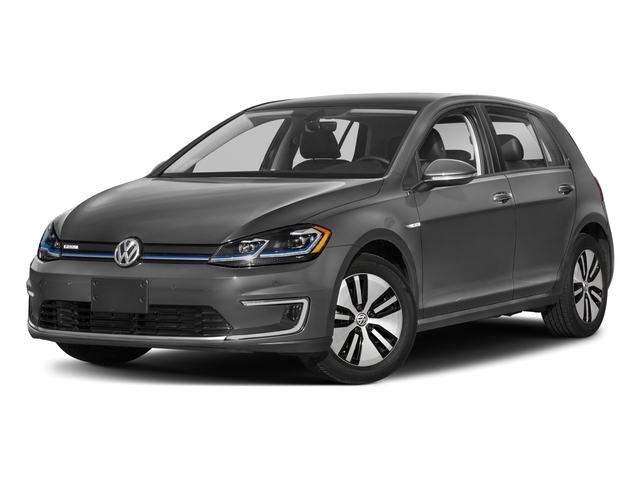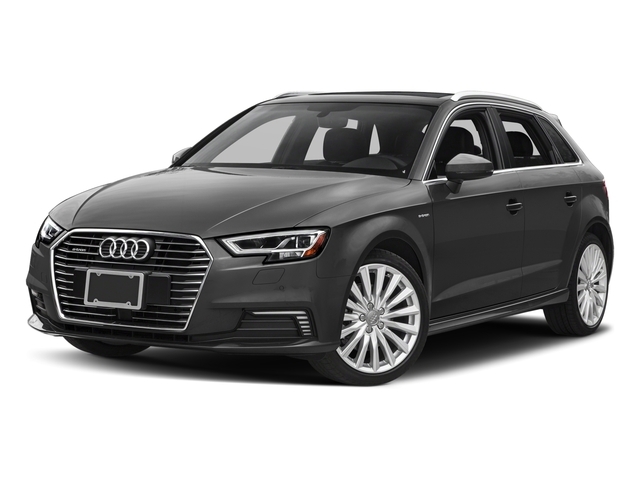
2018 BMW i3

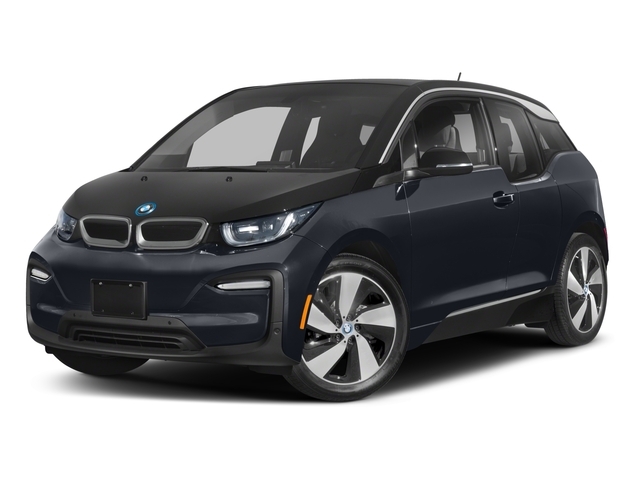
Key Specifications for 2018 BMW i3






Buyer’s Guide
BMW's little glimpse at an electric future is the i3, a strangely styled compact hatchback that can be had as a pure electric or optioned with a range-extending gas-powered generator. For 2018, it gets a new "s" trim level that boasts the model's first performance boost thanks to an "optimized" powertrain that adds 14 hp and 15 lb-ft of torque.
That bumps output to 184 hp and 199 lb-ft, and leaves the old drivetrain to power the base model. Both cars use the same 33-kWh battery that was introduced last year to drive total driving range to about 180 km.
BMW says that despite the small power increase, which is owed to a new motor design and motor controls, the i3s boasts a 40 per cent improvement in performance, which seems like it should add up to more than a 0.4-second reduction in the car's 0-100 km/h acceleration time. Maybe it feels quicker than that, as it gets the model's first-ever sport drive mode.
All 2018 i3 models get a styling revision that includes LED headlights across the line, and the i3s gets trim-specific styling cues.
If you want to bring electric cars into the mainstream, building a car like the i3 is not the way to do it. It's an easy car to drive with its smooth, torquey acceleration, but rear-biased weight distribution lends the car a weird ride and we've seen wider tires on bicycles.
The i3's interior is just as unconventional with rear-hinged back doors that don't make for easy access to the otherwise roomy rear seat, behind which is a small-but-useful trunk.
Whether the car looks mainstream or not, the i3's range-extender option is BMW's nod to quelling range anxiety, the fear felt by EV drivers worried they may not be able to find a charging point at their destination before it's time to head home. The little two-cylinder engine, fed by a nine-litre gas tank, can provide up to 150 km of range once the battery is run down too far to drive the car on its own. Still, a total of an optimistic 350 km is not the stuff of long-distance dreams.
According to Natural Resources Canada, the i3's combined energy consumption estimate is 18.9 kWh/100 km, or the equivalent of 2.1 Le/100 km. Things are less efficient when the generator is running, with estimates of 6.5/7.0 L/100 km in city and highway driving respectively.
Review & Compare:
Photos

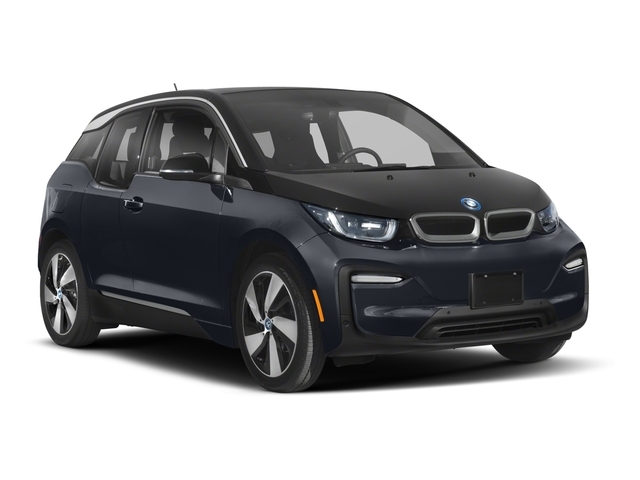
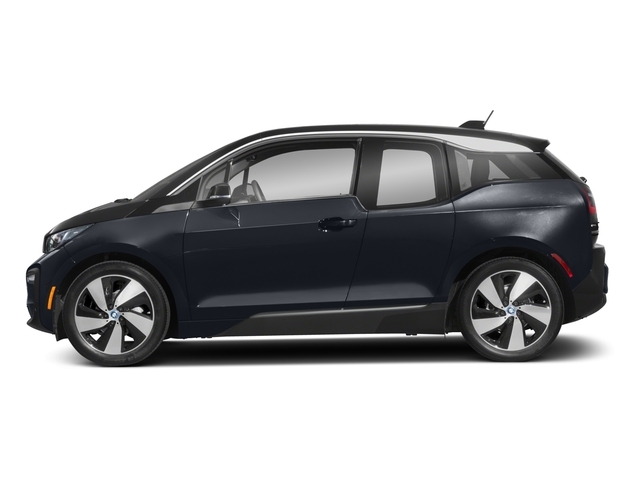
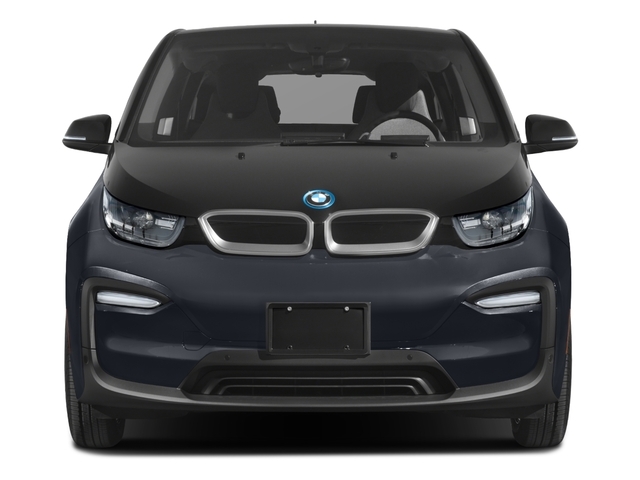
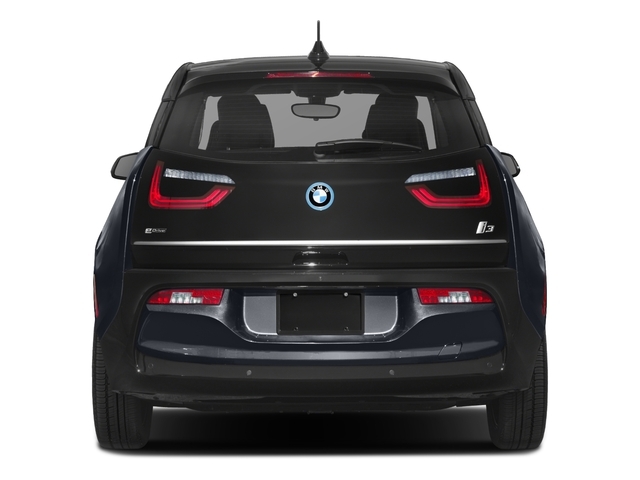
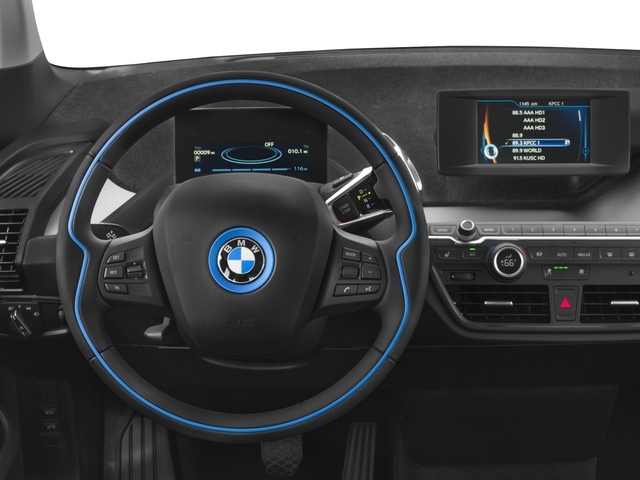
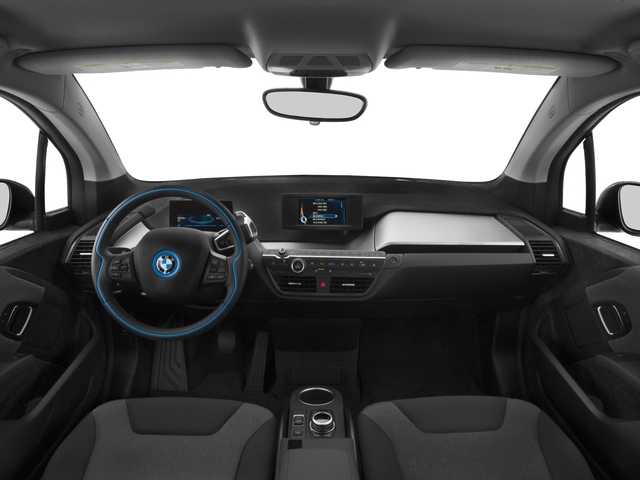
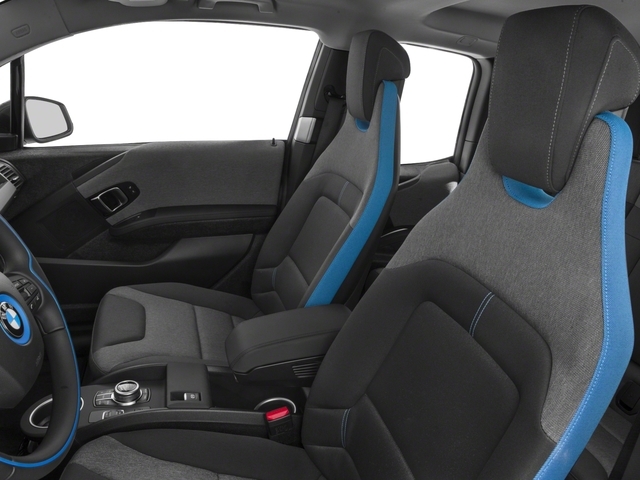
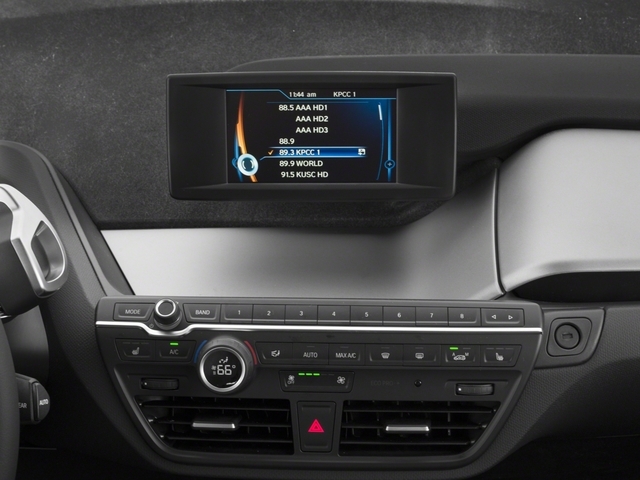
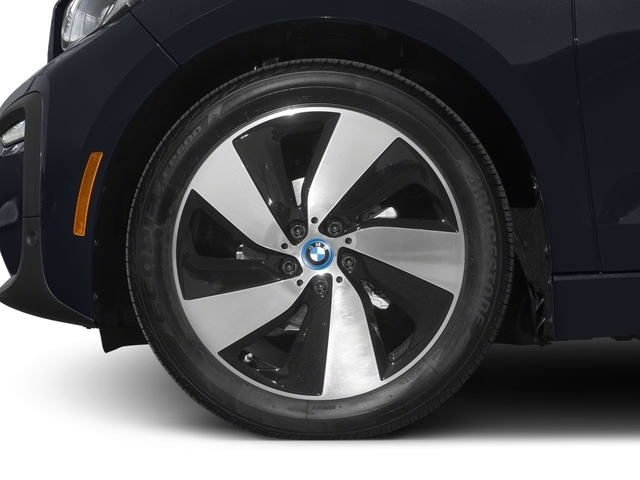
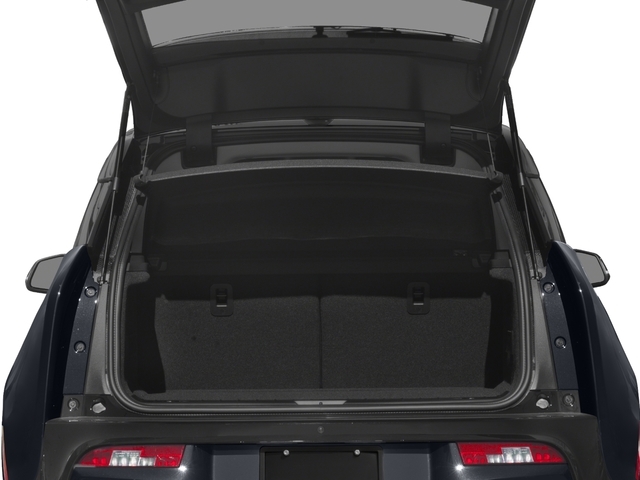
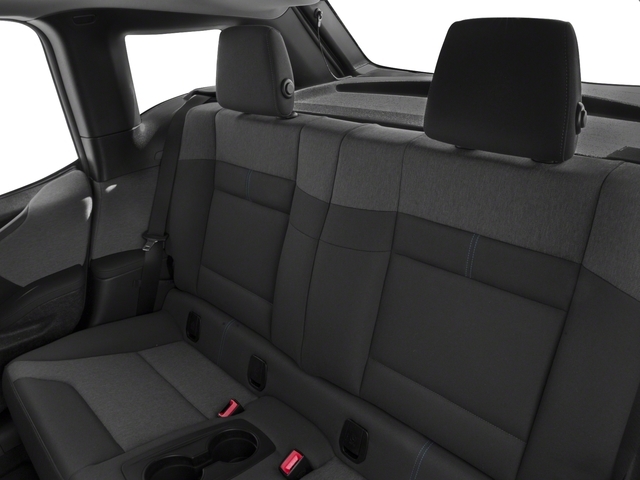
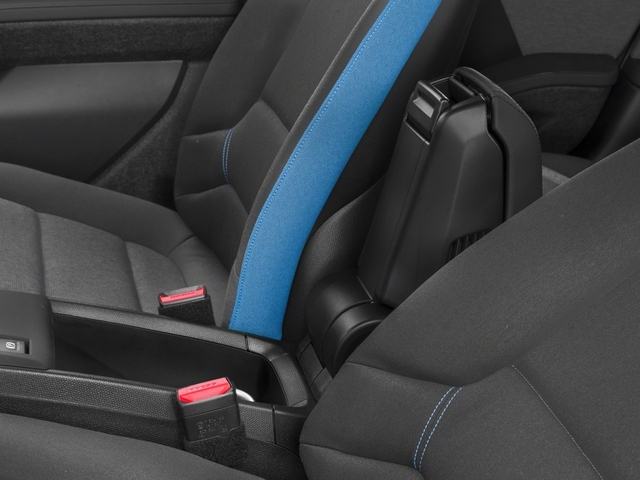
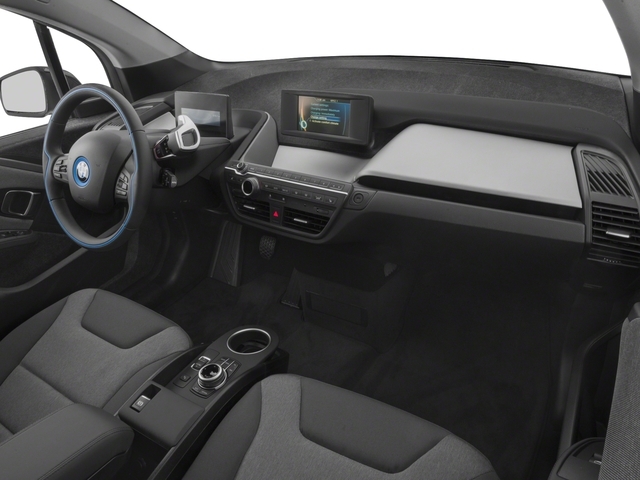
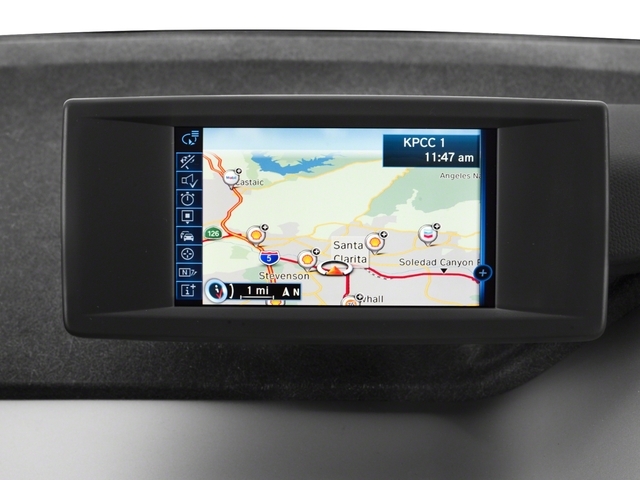















AutoTrader Review





